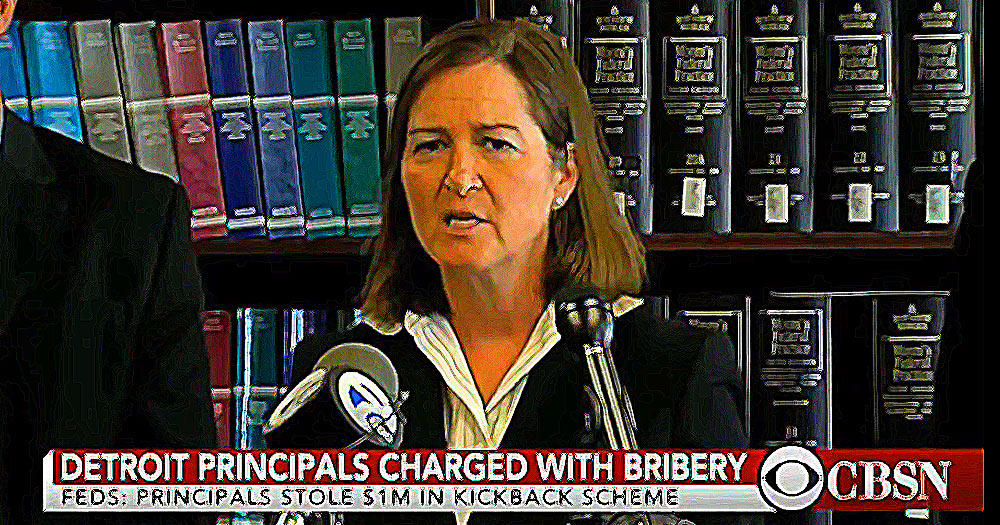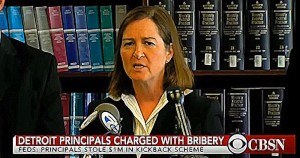Is the republican form of government unnatural?
People in government tend to balk at republican imperatives, anyway. You know, like transparency. Citizen control sure seems unnatural to politicians.
Case in point: Detroit.
“The Rochester Community School district is determined to keep the sun from shining on its operations,” writes Kaitlyn Buss in The Detroit News.
At issue is a new school board member, Andrew Weaver. He had campaigned on issues like “transparency, accountability and communication between the district and parents.” Well, Superintendent Robert Shaner does not like this agenda. He “sent a letter to the board president and vice president in late December targeting [the] newly elected board member” and threatening “legal action if Weaver is too forceful in challenging the way schools are being run.”
This is awfully brazen, and it should alarm parents in the Rochester Community School District. For it is not coming from some obscure bureaucrat: “Shaner was selected as Superintendent of the Year in 2020 and is one of the longest tenured and highest paid school leaders in the state.”
He epitomizes government, at least in the “education” wing of Michigan government.
Bullying is how he rolls.
Mr. Weaver explains it this way: “I sat there as a private citizen and wondered why our board didn’t do anything. Well, we found the answer. Because they’re all scared of getting one of those [letters].”
But perhaps Weaver’s prepared for the battle. Even as a parent he’d received two cease-and-desist actions from Shaner, who objected to his online attacks.
Politicians think they are kings. Above citizen criticism.
Which is why citizen control must be forced upon them.
Over their objections.
This is Common Sense. I’m Paul Jacob.
Illustration created with Midjourney
—
See all recent commentary
(simplified and organized)





